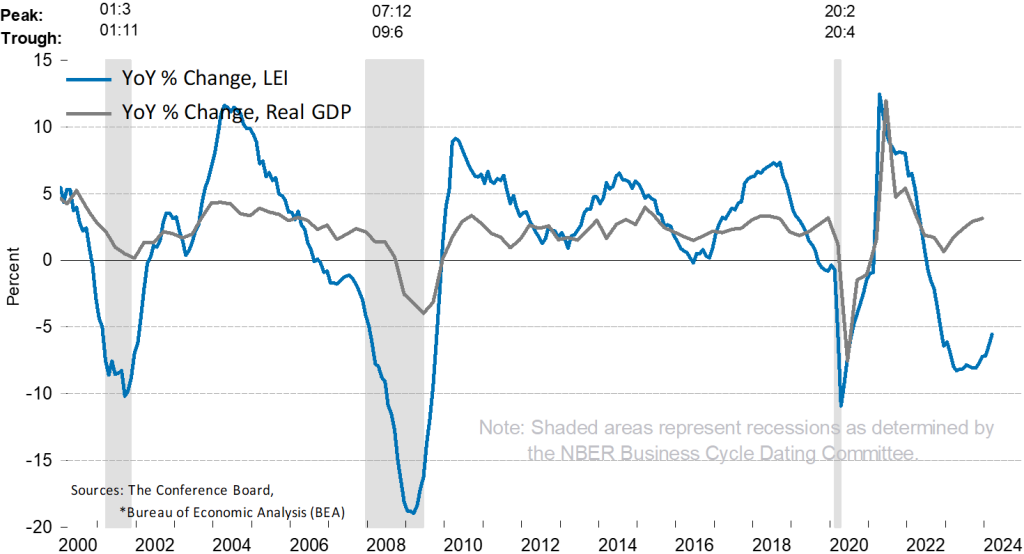Since the start of the year, Starbucks (NASDAQ:SBUX) has lost $23.2 billion in market value. The coffeehouse chain’s stock suffered a particularly steep drop on April 30th after the release of Q2 2024 earnings.
This period contributed most to Starbucks’s value drain, accounting for a $14.3 billion reduction in market cap. With a year-to-date performance of negative 19%, would that make Starbucks stock an opportunity or a precursor to greater losses?
But before looking at the broader landscape in which Starbucks operates, what did the earnings report say?
Starbucks’ Downturn in Sales
Ending March 31st, 2024, Starbucks reported a 4% decline in global comparable store sales. Consolidated net revenue dropped to $8.6 billion, a 2% decrease from the year-ago quarter. Starbucks chief financial officer Rachel Ruggeri attributes this to a “complex and dynamic environment.”
In North America alone, operating income dropped 6% year-over-year to $1.1 billion, while overall net earnings decreased to $772.4 million from $908.3 million in Q2 2023. It also bears noting that Starbucks spent more than double on stock buybacks from that quarter, at $1.26 billion vs $479.3 million, respectively.
This figure aligns with the cash dividends paid of $1.29 billion. As we’ve seen with the recent record-breaking Apple (NASDAQ:AAPL) example, once-controversial stock buybacks are a common tactic to retain investor confidence.
When it comes to forecast expectations, Q2 was Starbucks’ second consecutive quarter, since beating estimates in Q3 ’23, to fail earnings per share consensus. And at a surprise of -13.92% ($0.68 reported vs $0.79 forecasted), it was a much greater failure than the one in Q4 ‘23 of -2.17%.
Are Starbucks Fundamentals Sound?
As a service provider, Starbucks is on the lower end of people’s priorities for needs. Considering this, the company relies on branding and in-store experience to leverage social capital, similar to Apple.
In other words, people who don’t care for Starbucks’ in-store experience would be much better off going to Costco (NASDAQ:COST) with its frequent discounts to boot. This is why Costco (NASDAQ: COST) was recommended in January, with its stock price increasing from $657 to $787 per share since then.
During that same period, SBUX shares dropped from $93 to $75 per share. Inflation pressures have made people more mindful of their spending habits. The San Francisco Federal Reserve recently reported a complete depletion of cumulative pandemic-era excess savings.
At their peak in August 2021, they accounted for $2.1 trillion, having since drained to negative $72 billion by March 2024. Moreover, it is still unclear if the US hasn’t unofficially entered a recession. So far, updated mid-April, the Conference Board Leading Economic Index (LEI) is pointing toward a recovery.

However, coming into the election season, economic data should be taken with a grain of salt. After all, even the Fed Governor Christopher Waller complained that frequent economic data revisions make it difficult to deliver informed monetary policy decisions.
***
Neither the author, Tim Fries, nor this website, The Tokenist, provide financial advice. Please consult our website policy prior to making financial decisions.
This article was originally published on The Tokenist. Check out The Tokenist’s free newsletter, Five Minute Finance, for weekly analysis of the biggest trends in finance and technology.
